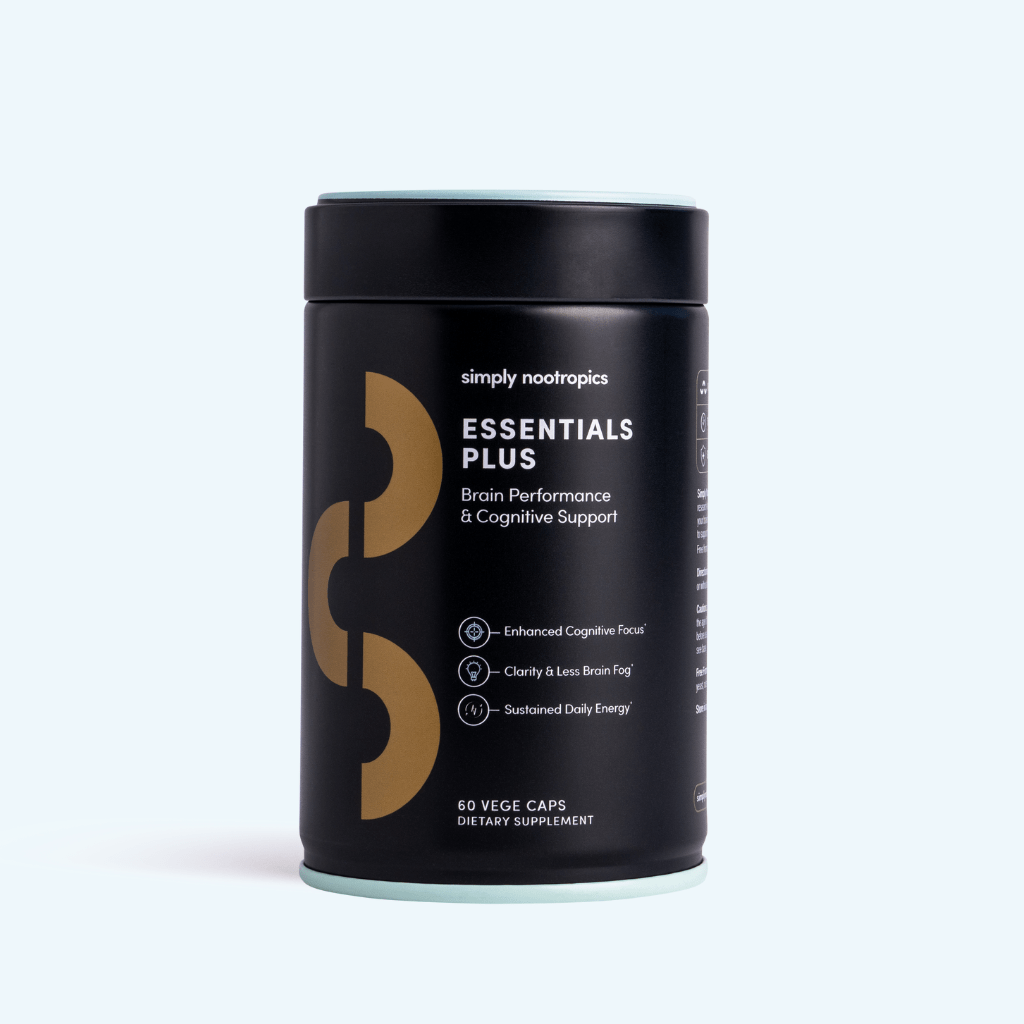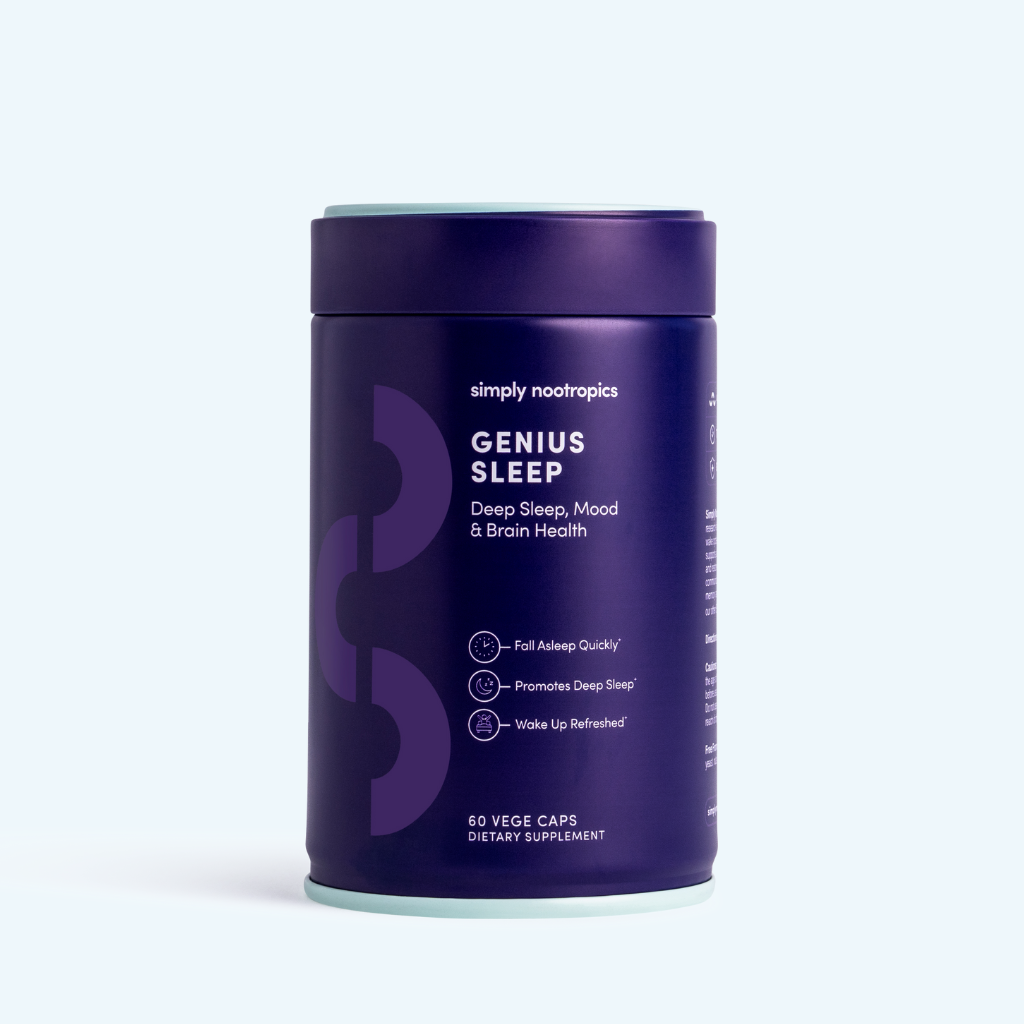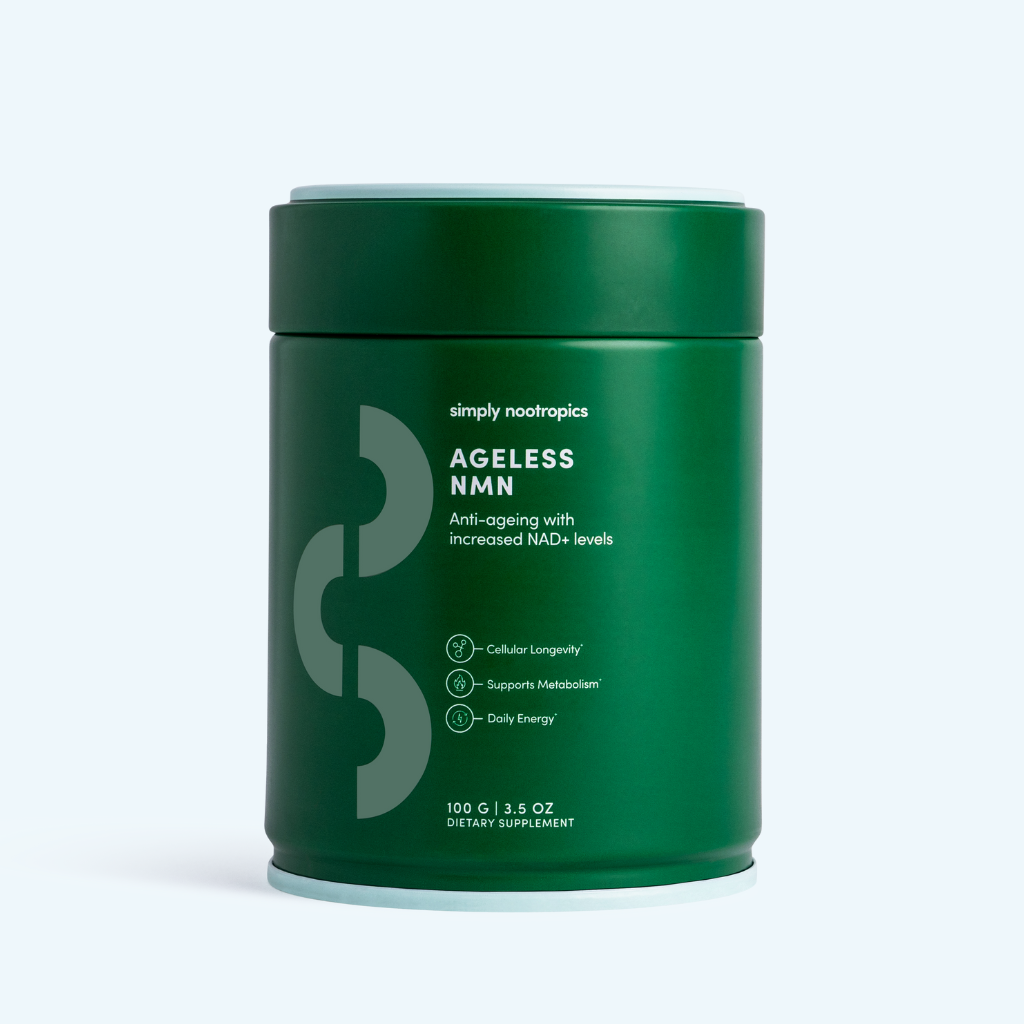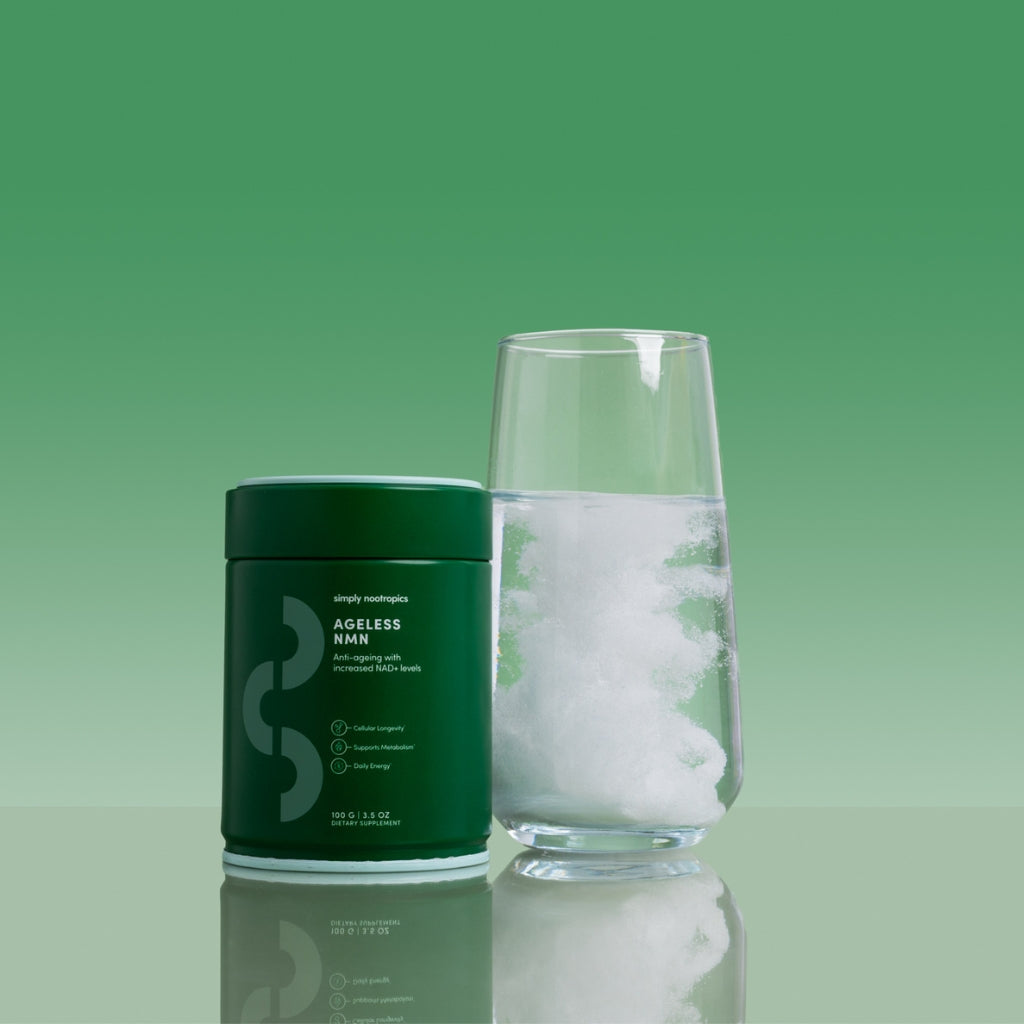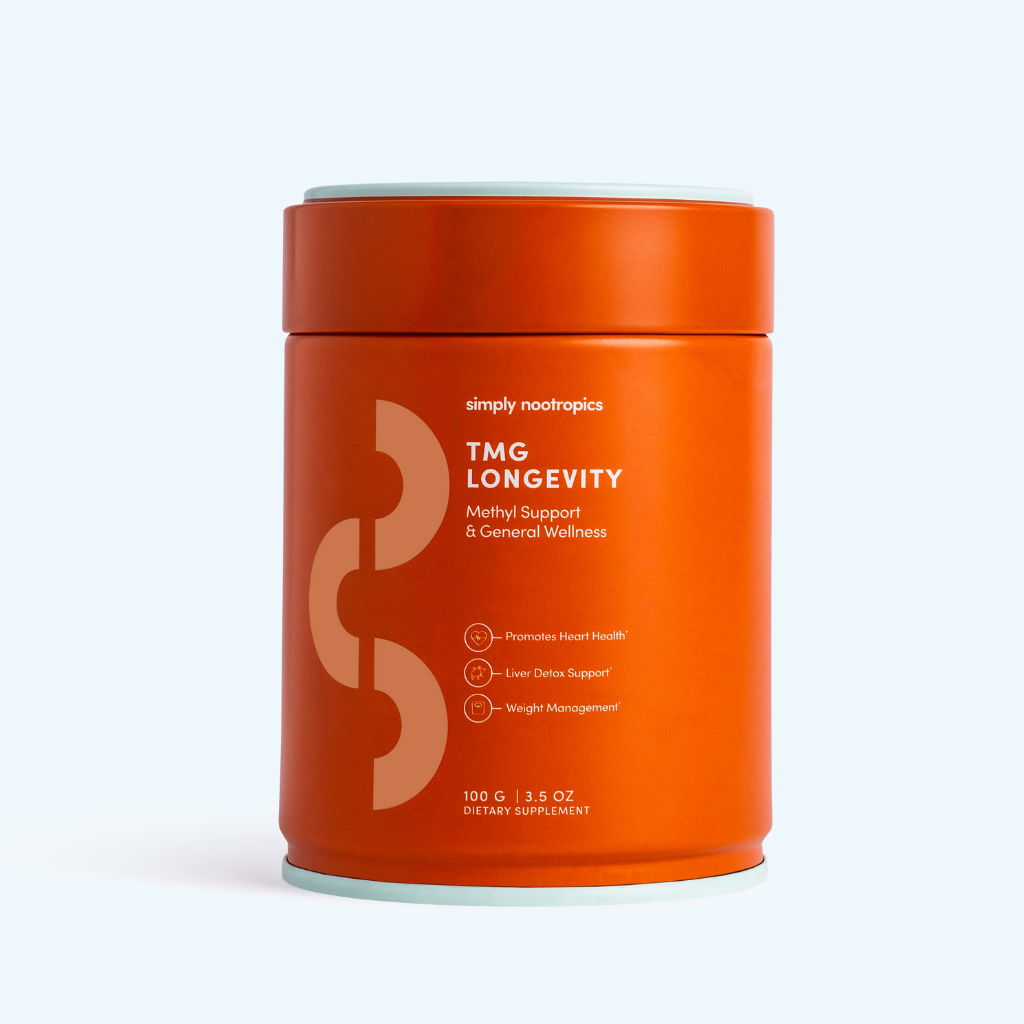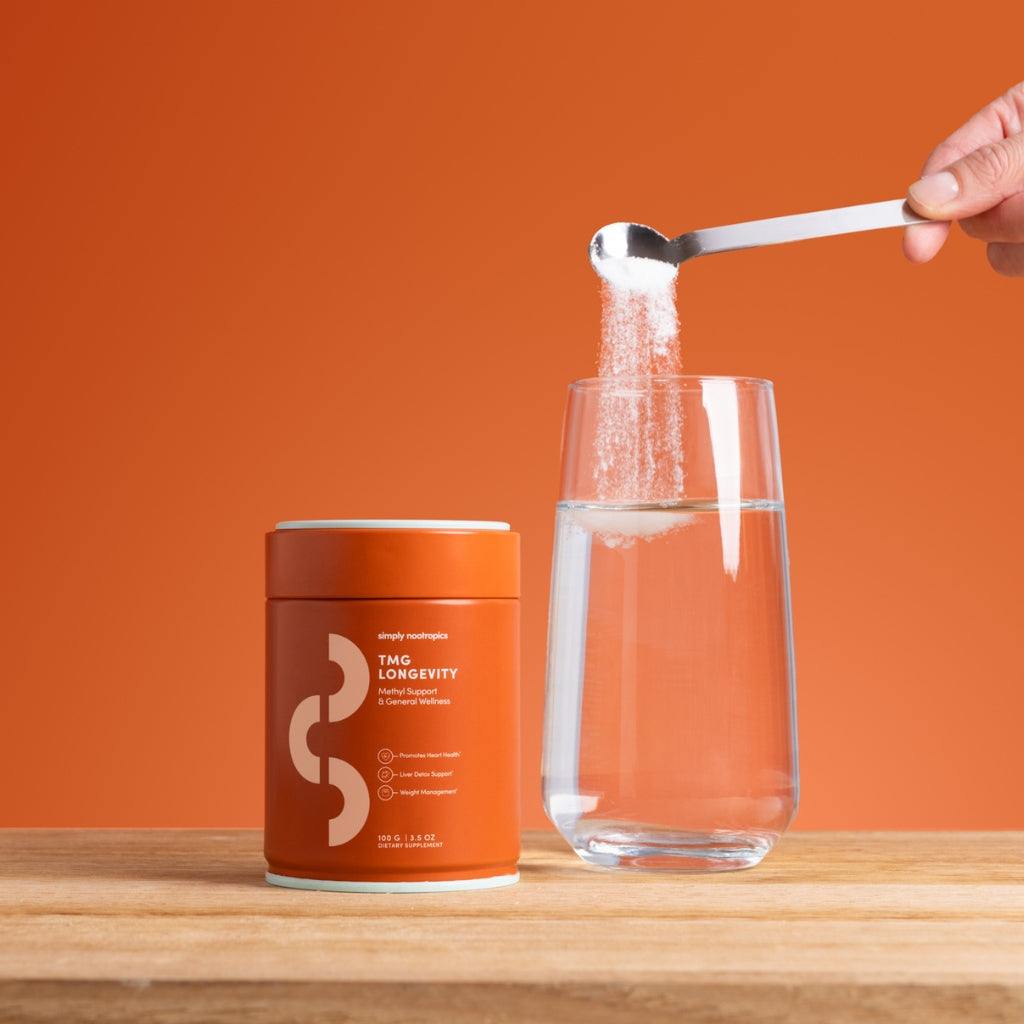Unfortunately, chronic inflammation can be a silent issue that you might not even realise you're dealing with. Unlike the acute inflammation that happens when you sprain an ankle or get a cut—where the area swells, reddens, and heals over a few days—chronic inflammation is just quietly there, disrupting your body’s balance over time.
While acute inflammation is beneficial for healing, chronic inflammation can persist over time and lead to various health issues. A poor diet, lack of exercise, stress, and exposure to toxins all contribute to chronic inflammation. What’s worse is that prolonged inflammation can damage healthy cells, tissues, and organs, leading to various issues. That’s why fighting inflammation with the right foods and supplements can be very important for your overall health.
Everyday Signs of Chronic Inflammation
You might be dealing with chronic inflammation if you experience:
- Persistent fatigue or low energy levels
- Joint pain or stiffness
- Digestive issues like bloating or irregular bowel movements
- Skin problems, including rashes or acne
- Frequent headaches or brain fog
These symptoms can be subtle, making it easy to dismiss them as minor issues, but the truth is that they might be your body's way of signalling that something deeper is going on.
The Impact of Diet
One of the most significant changes you can make is your diet. What you eat can either fuel the fire of inflammation or help to extinguish it. Foods high in sugar and trans fats, like fast food, sugary snacks, and processed foods are major responsible for this issue. On the other hand, incorporating anti-inflammatory foods such as leafy greens, fatty fish, and berries can make a noticeable difference in how you feel. Let’s see what’s the best diet for inflammation.
Anti-Inflammatory Foods
Berries
- Examples: Strawberries, blueberries, raspberries, and blackberries.
- Benefits: Full of antioxidants like anthocyanins, berries can reduce inflammation, boost immunity, and lower the risk of heart disease. A study found that people consuming more than three servings of berries weekly had significantly lower levels of inflammatory markers, making them great chronic inflammation foods.
Fatty Fish
- Examples: Salmon, mackerel, sardines, and trout.
- Benefits: Rich in omega-3 fatty acids EPA and DHA, fatty fish have potent anti-inflammatory properties. Regular consumption of these fish can lead to various health issues.
Leafy Greens
- Examples: Spinach, kale, and collard greens.
- Benefits: Leafy greens are loaded with vitamins, minerals, and antioxidants such as vitamin E and polyphenols. These compounds can lower inflammation and protect against chronic diseases, so much that a lot of research has highlighted their properties in fighting inflammation.
Nuts
- Examples: Almonds, walnuts, and pistachios.
- Benefits: Nuts are a great source of healthy fats, fibre, and antioxidants. Walnuts, in particular, contain high levels of omega-3 fatty acids, which aid in fighting inflammation. Regular nut consumption is linked to lower levels of inflammatory markers and a decreased risk of cardiovascular diseases.
Olive Oil
- Benefits: Good news for the Mediterranean people: extra virgin olive oil is rich in monounsaturated fats and oleocanthal, an antioxidant with effects similar to ibuprofen which also inhibits inflammatory enzymes and reduces the risk of inflammatory diseases.
Tomatoes
- Benefits: High in vitamin C, potassium, and lycopene, an antioxidant with strong anti-inflammatory effects, tomatoes are great chronic inflammation foods. Cooking tomatoes increases the bioavailability of lycopene, which can reduce inflammatory markers and help prevent chronic diseases.
Turmeric
- Benefits: Turmeric contains curcumin, a powerful anti-inflammatory compound. Curcumin can effectively reduce inflammation and manage various conditions.
Green Tea
- Benefits: Rich in polyphenols and antioxidants like epigallocatechin-3-gallate (EGCG), green tea helps reduce inflammation and protect against cell damage. Plus, green tea polyphenols lower inflammatory markers and support immune health.
Supplements for Reducing Inflammation
In addition to incorporating anti-inflammatory foods into your diet, certain supplements can also aid in fighting inflammation, such as:
Omega-3 Fatty Acids
- Sources: Fish oil supplements.
- Benefits: Omega-3 fatty acids, particularly EPA and DHA, are known for their anti-inflammatory properties. They help reduce the production of inflammatory cytokines and prostaglandins.
Curcumin
- Sources: Turmeric supplements.
- Benefits: Curcumin, the active compound in turmeric, has potent anti-inflammatory effects. It inhibits several inflammatory pathways and reduces the activity of inflammatory enzymes.
Ginger
- Sources: Ginger supplements.
- Benefits: Ginger contains bioactive compounds like gingerol, which have anti-inflammatory and antioxidant effects. Ginger supplements can reduce markers of inflammation.
Vitamin D
- Sources: Vitamin D supplements.
- Benefits: Vitamin D plays an important role in immune function and inflammation regulation. A deficiency in vitamin D is linked to increased inflammation and a higher risk of chronic diseases.
- Benefits: Simply Nootropics Essentials is a blend of high-quality ingredients, including Ashwagandha, Brahmi, and CDP Choline, designed to support brain health and reduce inflammation. This supplement helps combat stress, improve cognitive function, and promote overall well-being.
Combining Diet and Supplements for Optimal Results
Of course, the best way to manage inflammation is to combine a diet rich in anti-inflammatory foods with the best supplements. This is how you create an effective anti-inflammatory plan:
- Incorporate a Variety of Anti-Inflammatory Foods: Include a range of fruits, vegetables, nuts, and healthy fats in your daily diet. Berries, leafy greens, fatty fish, and olive oil should be regulars in the best diet for inflammation. If you’re lacking inspiration, you can find some great healthy recipes here.
- Supplement Wisely: Choose supplements that are backed by scientific research and known for their anti-inflammatory properties. Omega-3 fatty acids, Simply Nootropics Essentials, and vitamin D are all great choices.
- Stay Hydrated: Proper hydration is essential for maintaining overall health and fighting inflammation, which is why you should drink plenty of water throughout the day.
- Exercise Regularly: Physical activity also helps reduce inflammation and supports overall health. Try exercising at least 30 minutes most days of the week.
- Manage Stress: Chronic stress can worsen inflammation. For this reason, stress-reducing techniques like meditation, yoga, and deep breathing exercises are a great idea to get rid of inflammation.
- Get Adequate Sleep: Poor sleep can increase inflammation. You should get 7-9 hours of quality, restorative sleep each night.
Although chronic inflammation can be a difficult one, the right diet and effective supplements will help you get rid of it. Especially if the diet includes some delicious foods like berries and nuts! Nutritious, healthy recipes that are good both for the soul and the body will have a great impact on your organism. It’s even better if you include a supplement like Simply Nootropics Essential, designed to help improve your overall health with its anti-inflammatory ingredients. No matter how painful or persistent, an inflammation-free life is closer than you might imagine.


